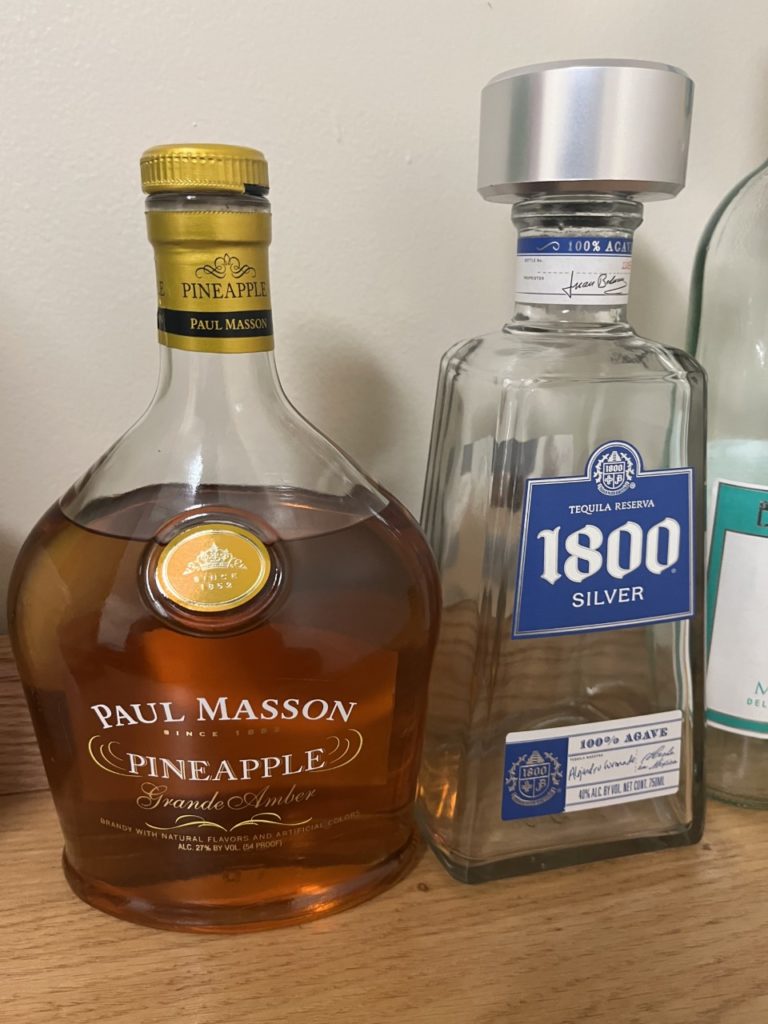The Minimum Legal Drinking Age (MLDA) Law is perhaps one of the most controversial laws in America. The MLDA is a law which specifies the legal age (21 years) when an individual can purchase alcoholic beverages. It is unsurprising that there is an abundance of discussions and arguments in favor of its reduction.
An honest look at the ineffectiveness of the law shows that one of the basis of the controversy is the hypocritical contrast of laws on adulthood. While laws confer voting rights and most other adult rights at 18, the age of alcohol consumption is pegged at 21. It is confusing to see how certain laws think 18-year-olds are capable of making decisions concerning life and death, but don’t believe the same 18-year-olds can be responsible for making choices pertaining to alcohol intake. The age of 18 comes with a lot of responsibilities in America as opposed to different countries but it is different for drinking.
Furthermore, the drinking age could be seen as an indirect infringement on the freedom of young adults. Statistics show that thousands of alcohol related arrests are made each year causing considerable legal troubles for a large percentage of the younger population. Such consequences of the drinking age on young people are particularly visible on college students who are made to face additional penalties from their institutions, aside from jail time, fines and other penalties imposed by the law. Most college students are below the age of 21 but still drink both on and off campus. According to https://drinkingage.procon.org/ (Links to an external site), the drinking age encourages inexperience in dealing with the effects of alcohol. As a result, secret consumption of alcohol deprives its potential abusers of psychological care. This causes anxiety, setting off a domino effect, where the inexperienced alcohol consumer further abuses substances, in a bid to self-help. I believe there should be more awareness and advice to people who want to drink but cannot because of their age.
Research done on the effects of alcoholism within the United States says that 31% of school traffic deaths involve alcohol. This percentage is higher than many countries with a drinking age lower than 21 such as France (29%), Great Britain (16%), Germany (9%), China (4%), and Israel (3%). Although the United States increased the MLDA to 21 in 1984, its rate of traffic accidents and fatalities in the 1980s decreased less than that of European countries whose legal drinking age is lower than 21. Drinking should not be this big of an issue especially since we are living in a more progressive era. Young adults today are no longer as naïve like in the previous decades and centuries.
From the foregoing, it is discernible that the current drinking age is causing more damage which far outweighs its benefits. Thus, in making a trade-off, the alcohol age should be lowered, since problems such as alcohol-use disorders, alcohol dependence, and harmful use of alcohol, became prevalent because of a high alcohol drinking age. There are a lot of double standards to the laws of the land and obvious sentiment to that of the drinking age.
